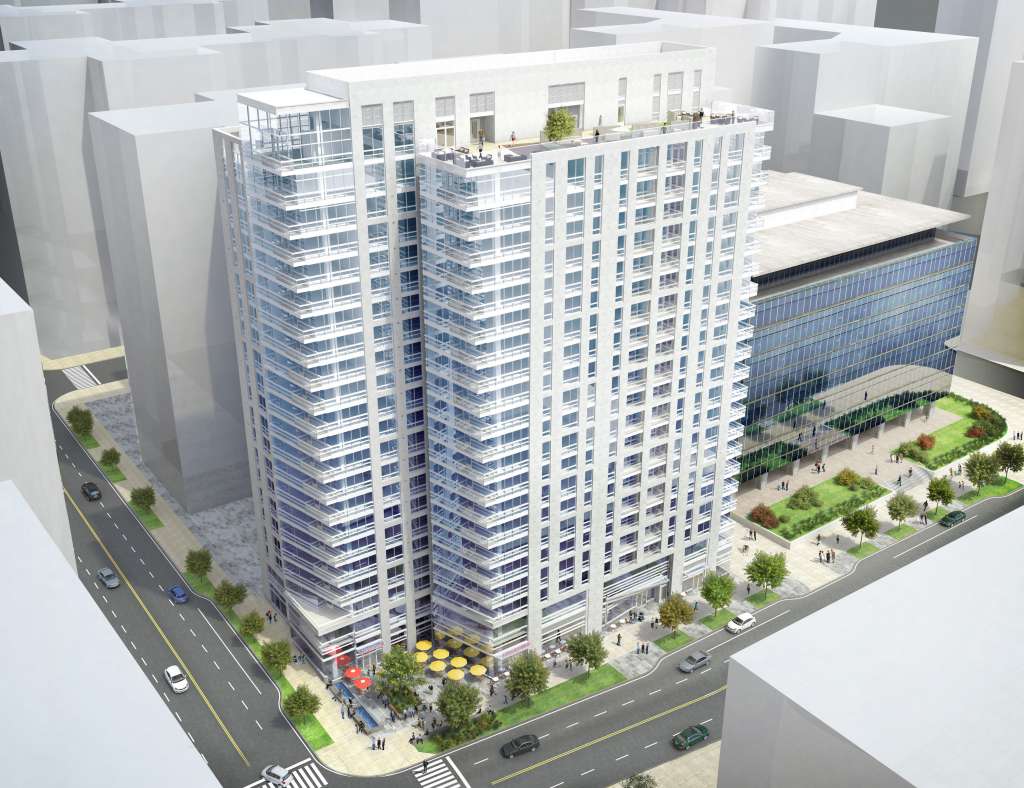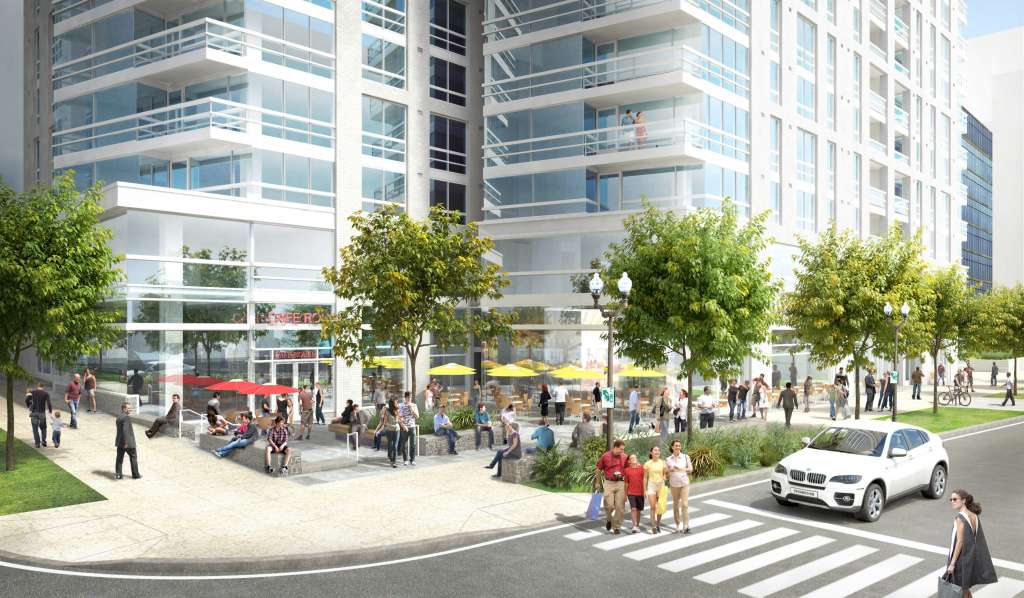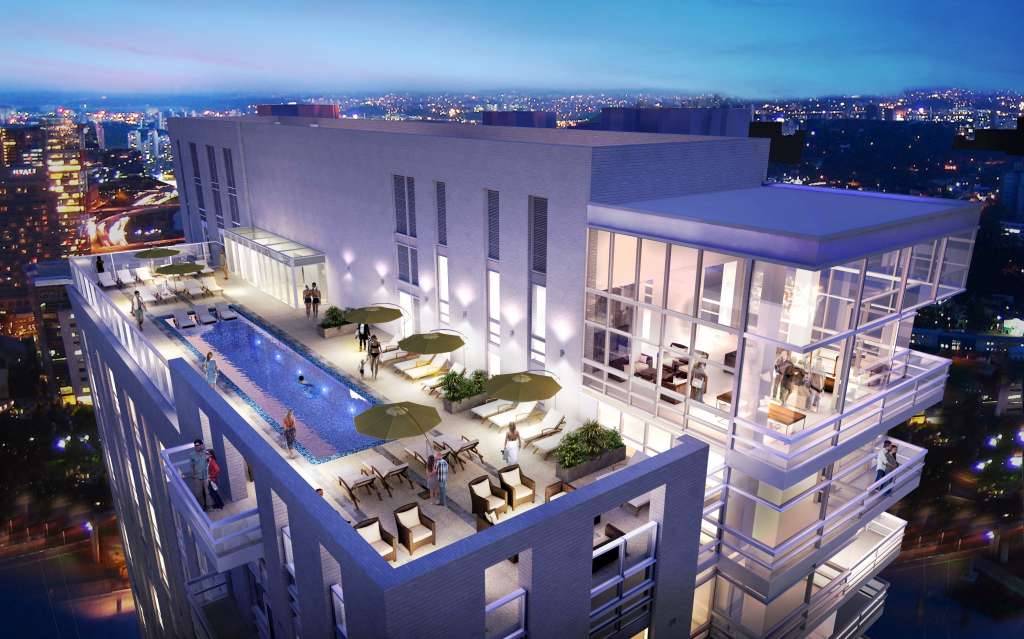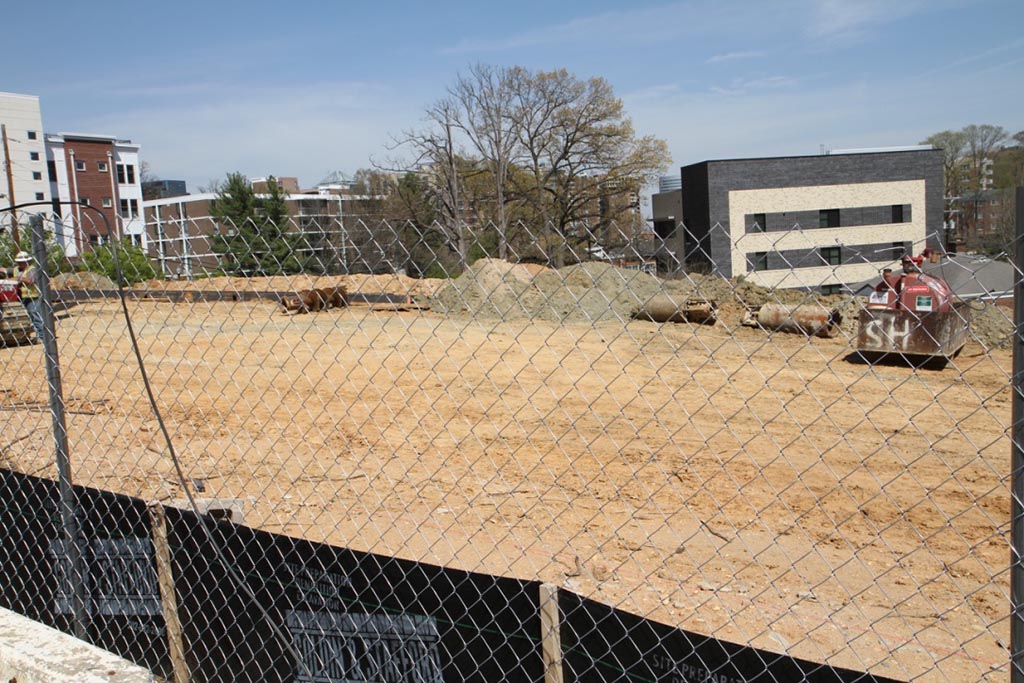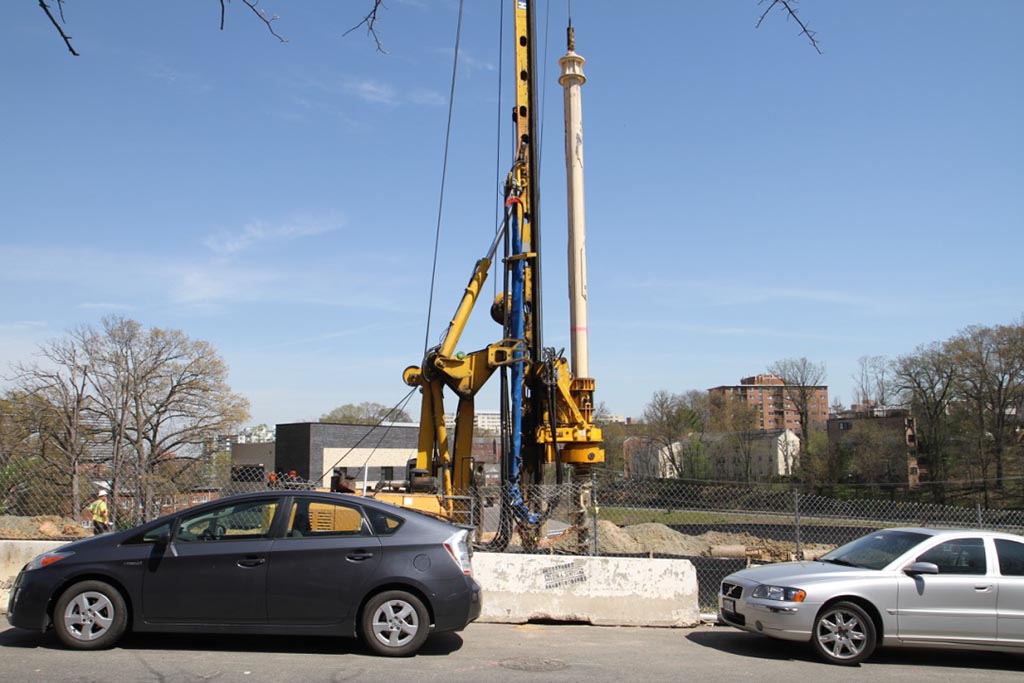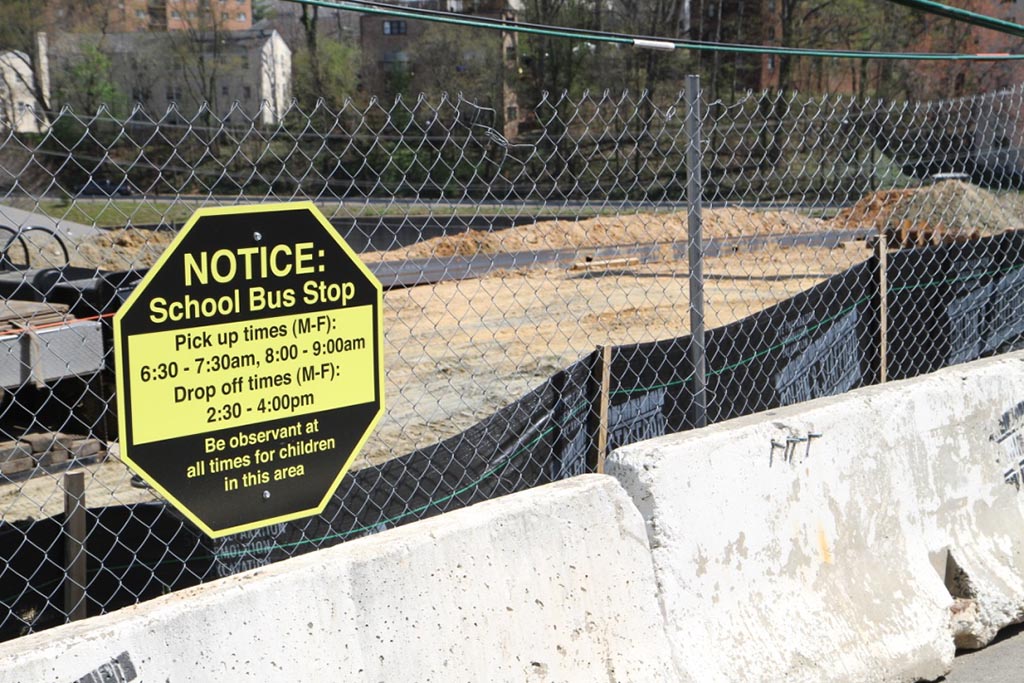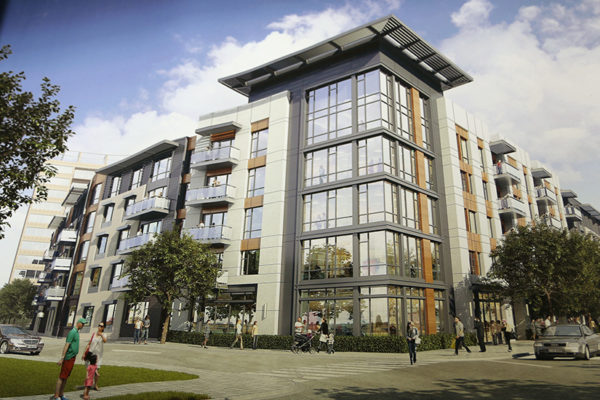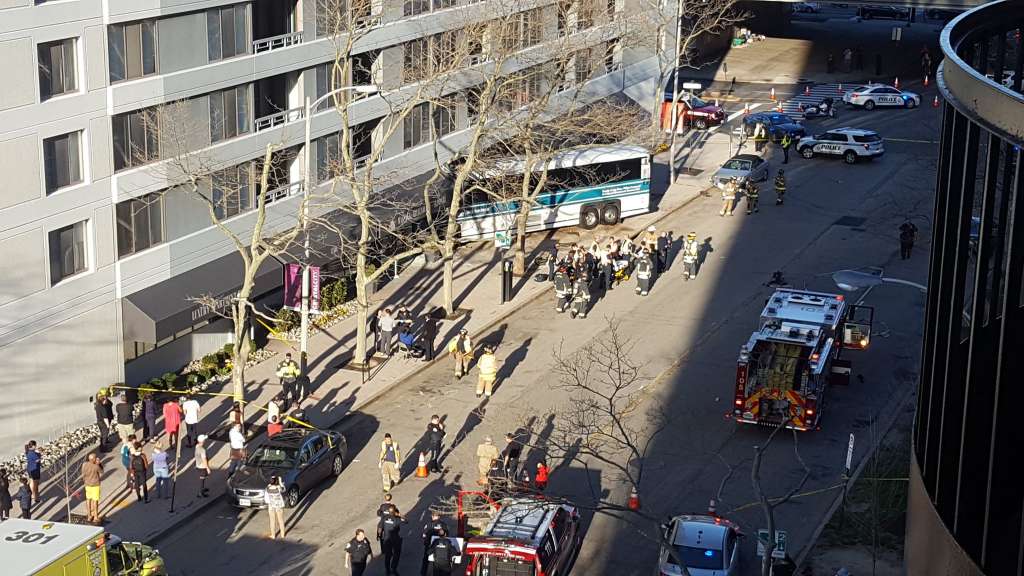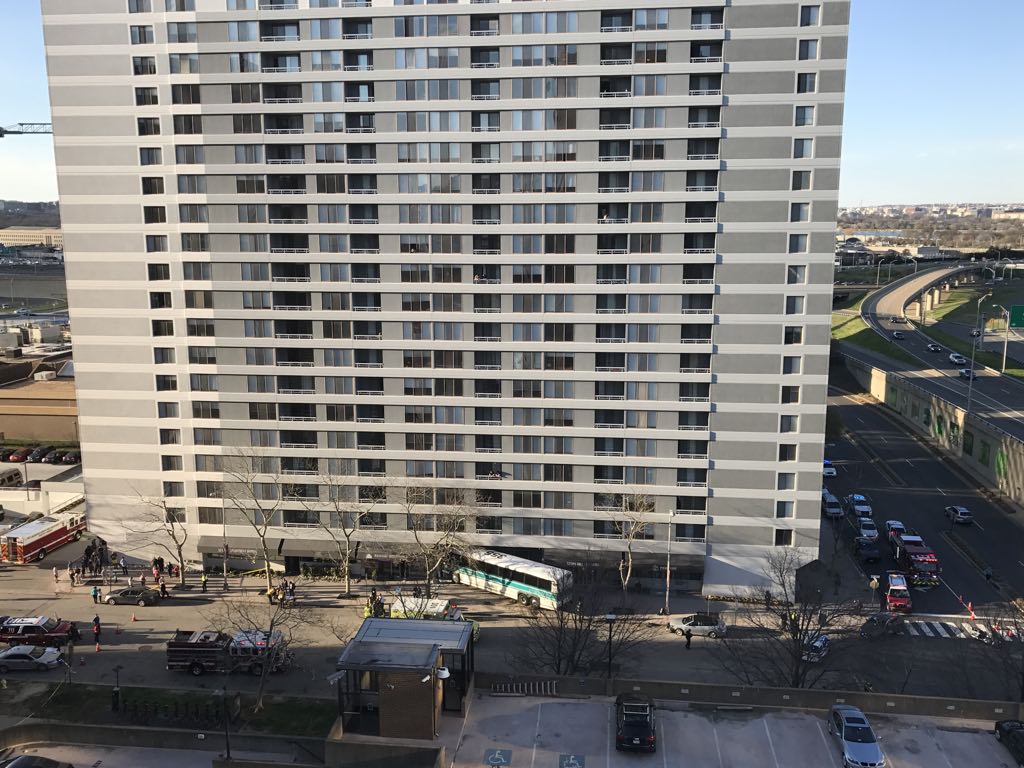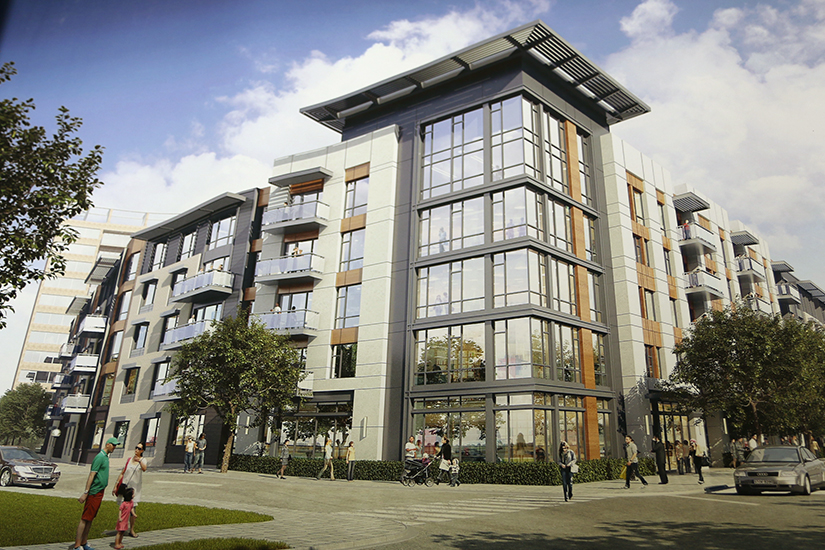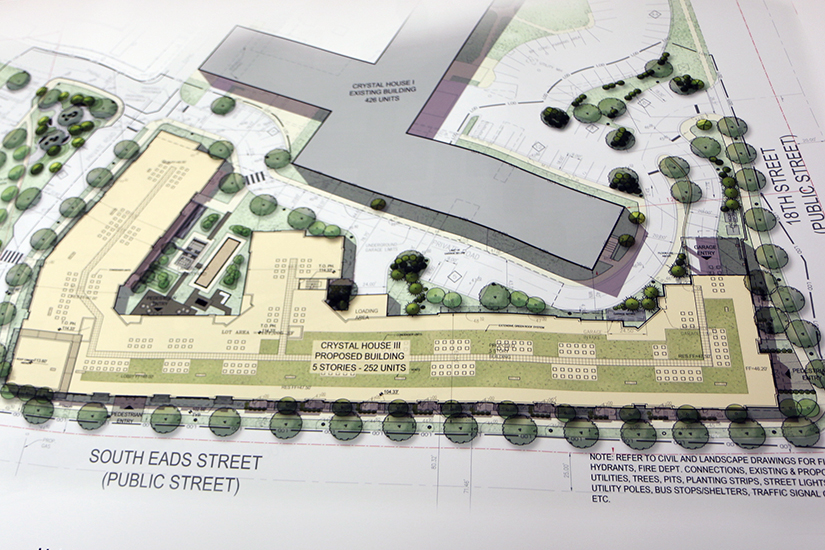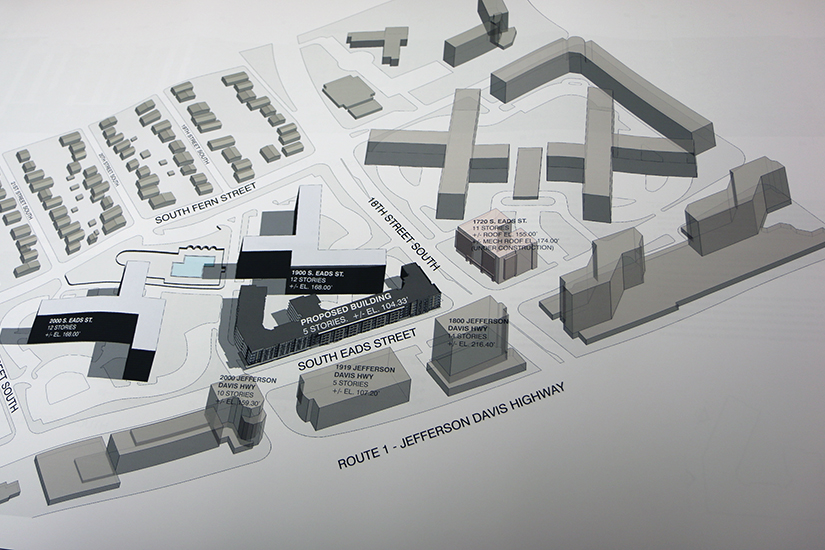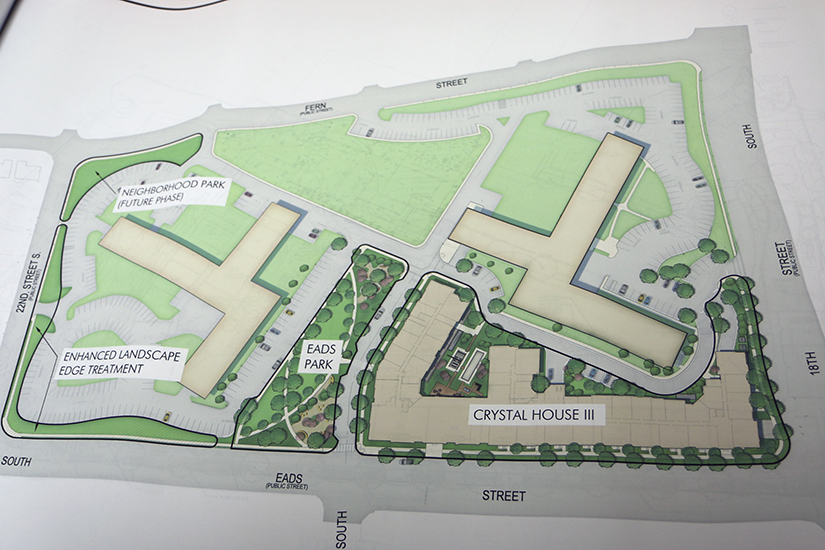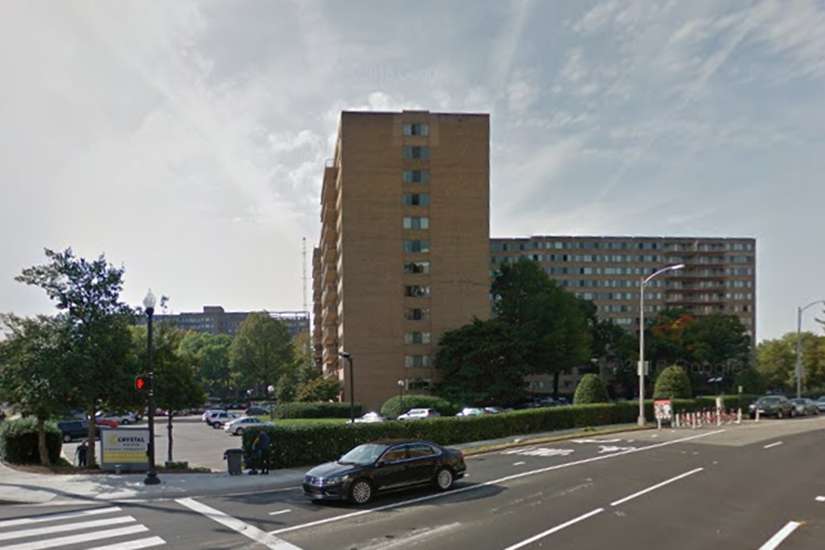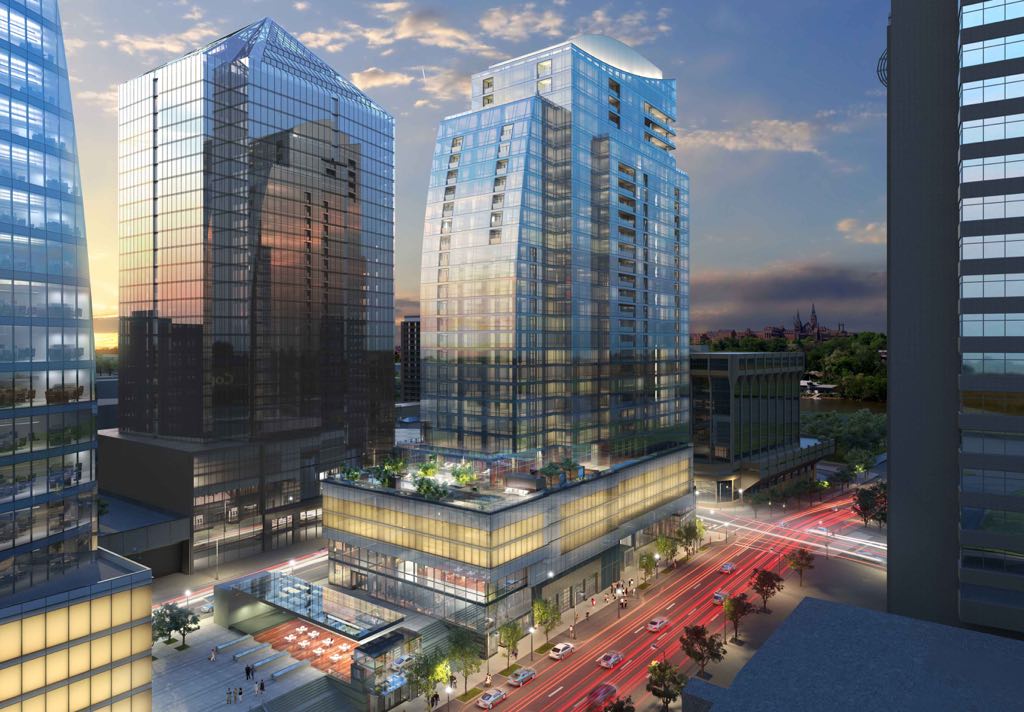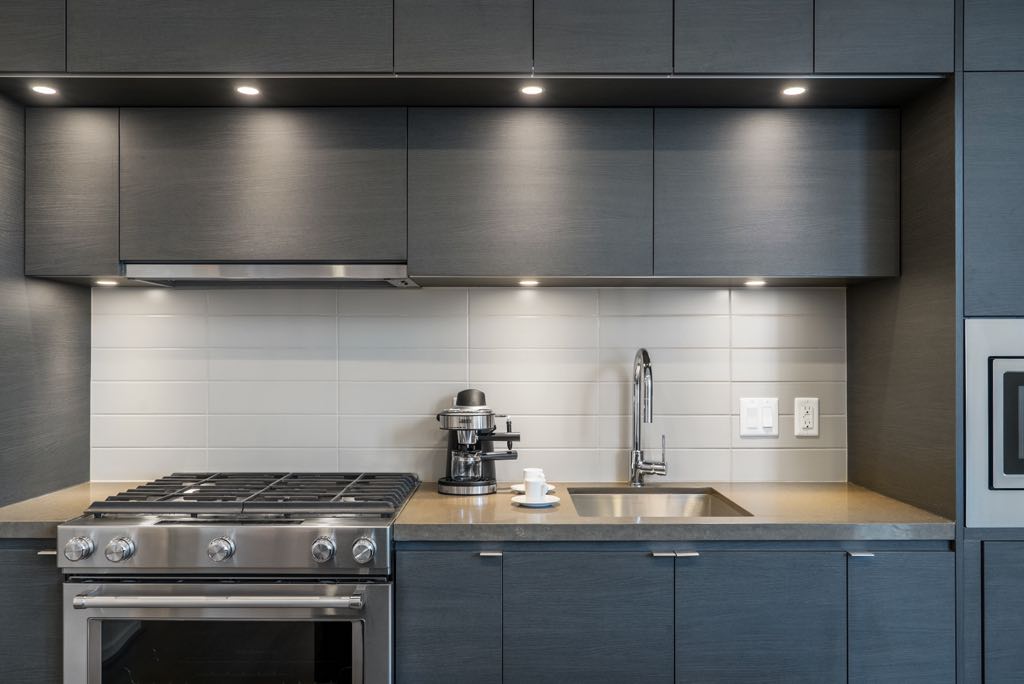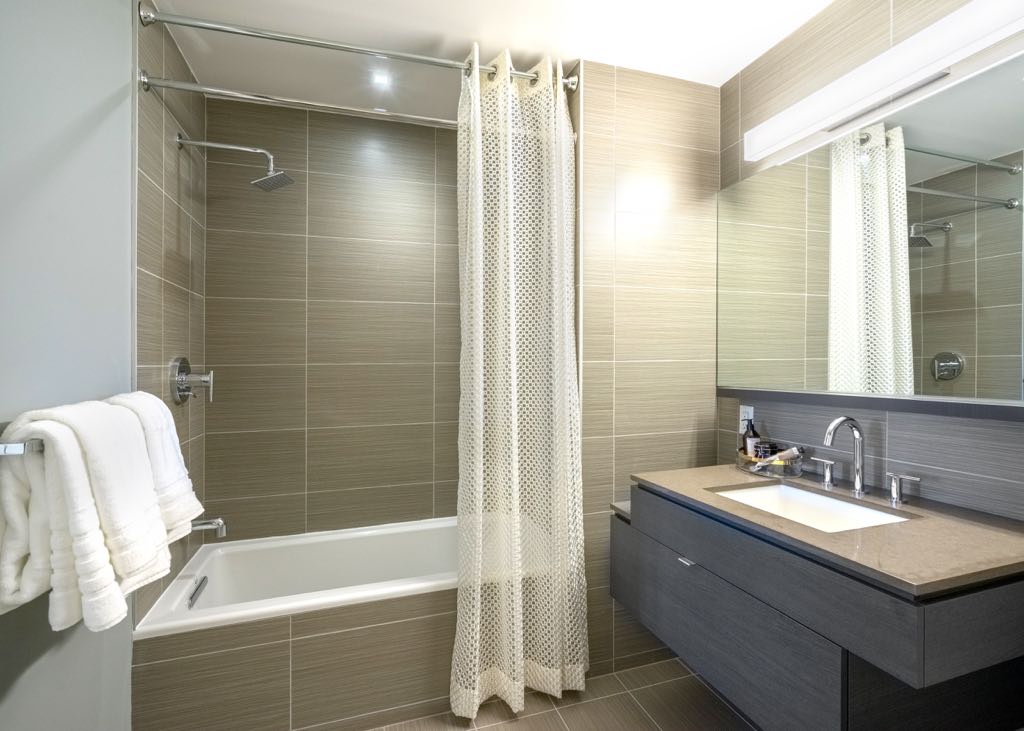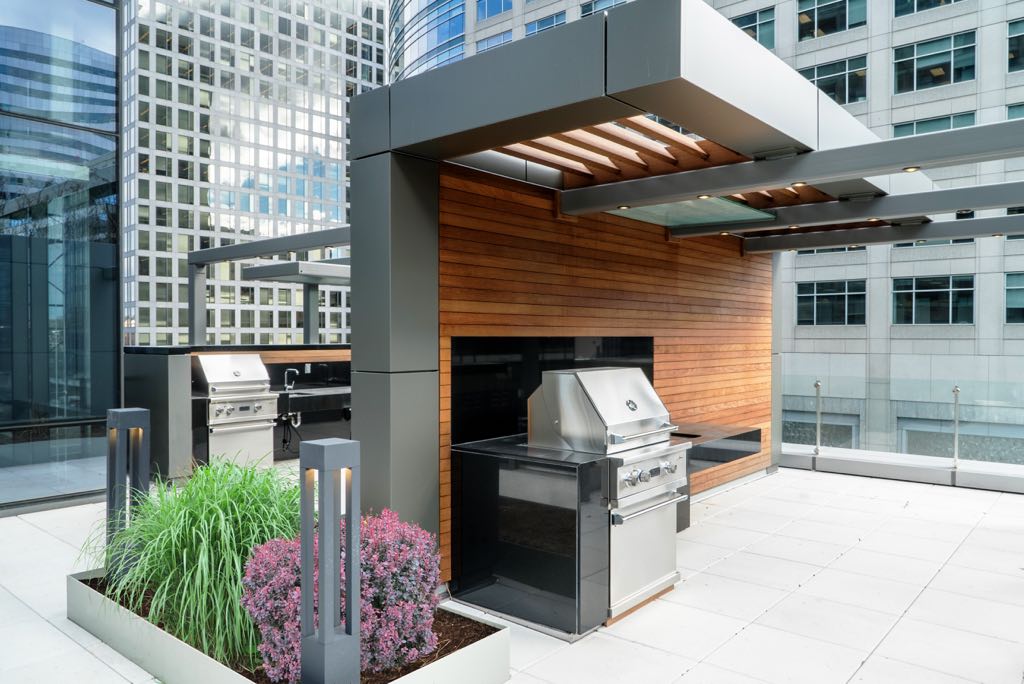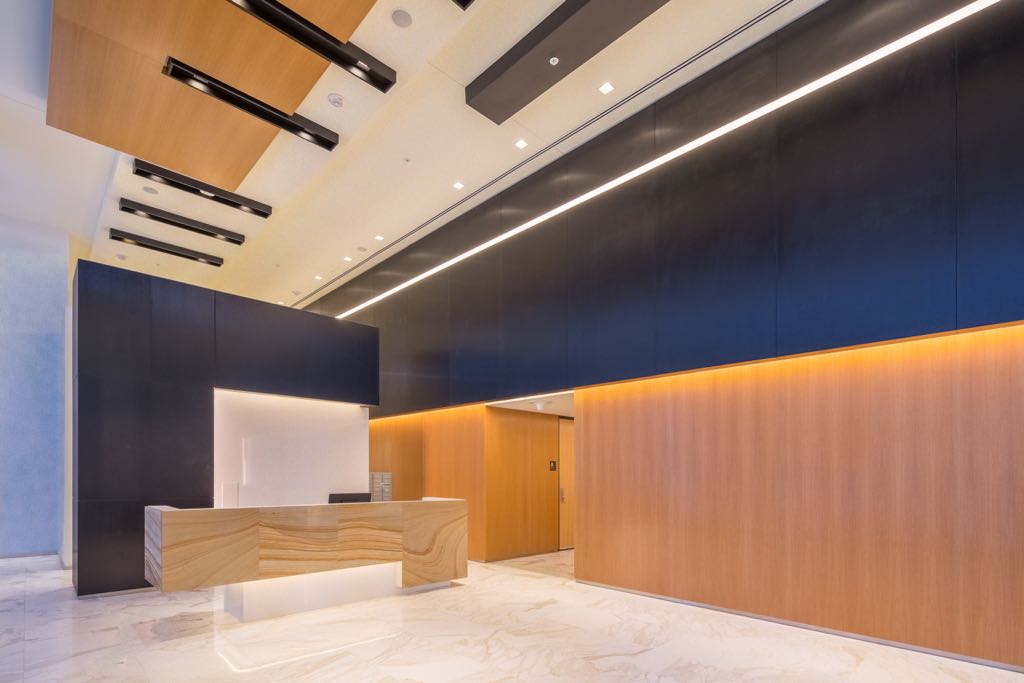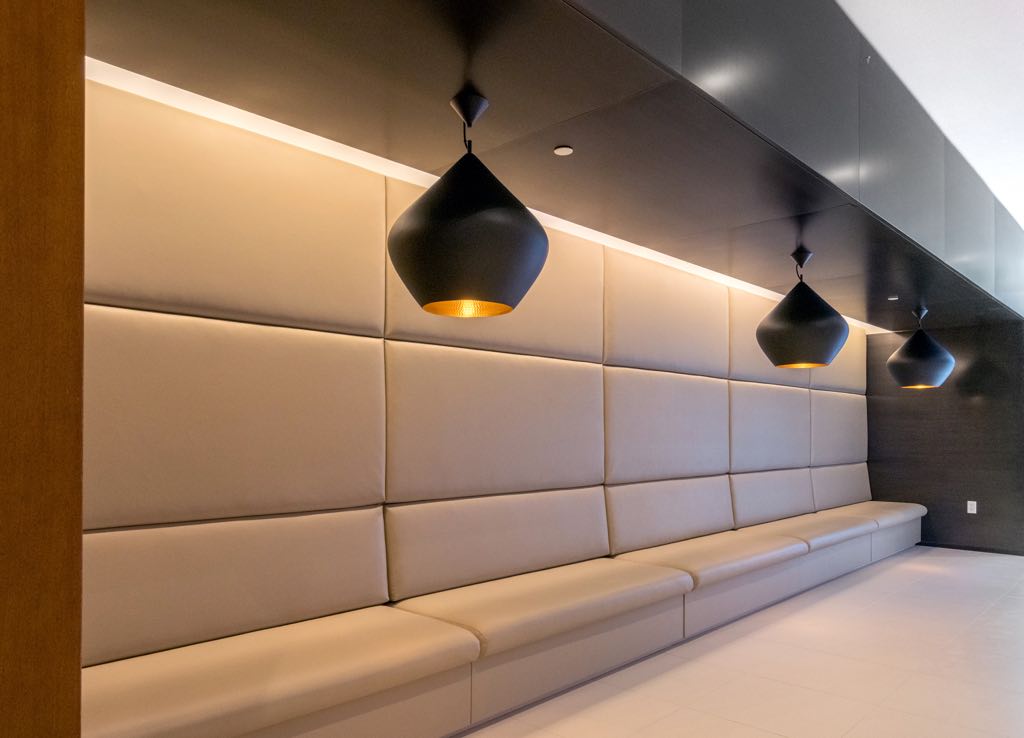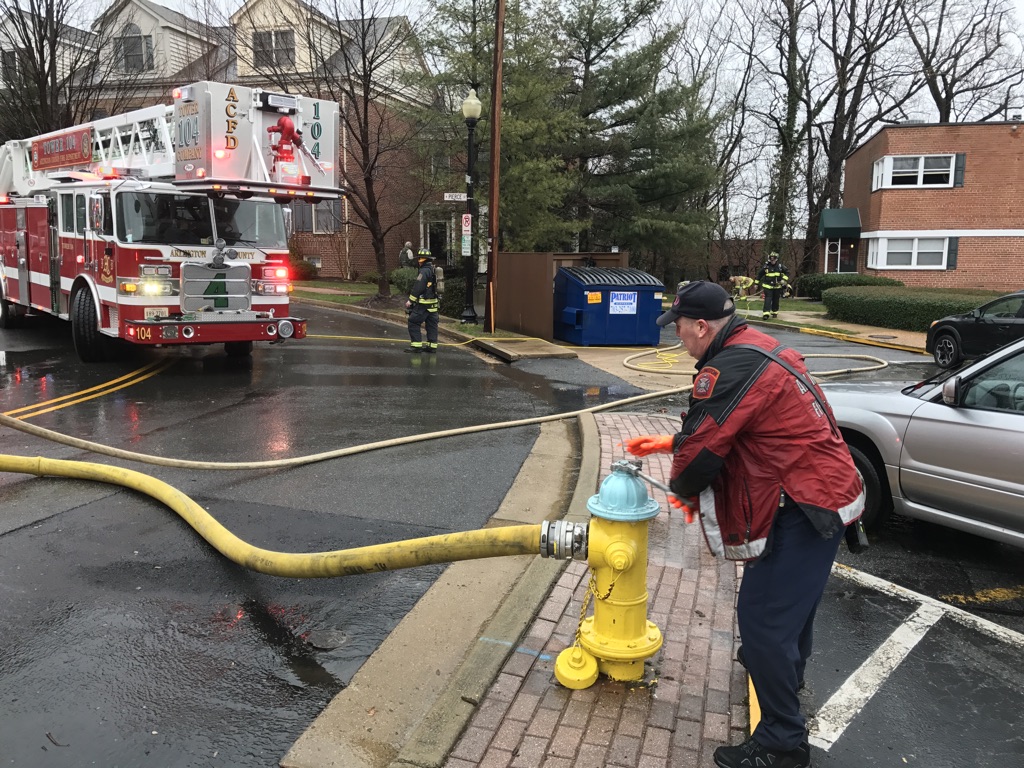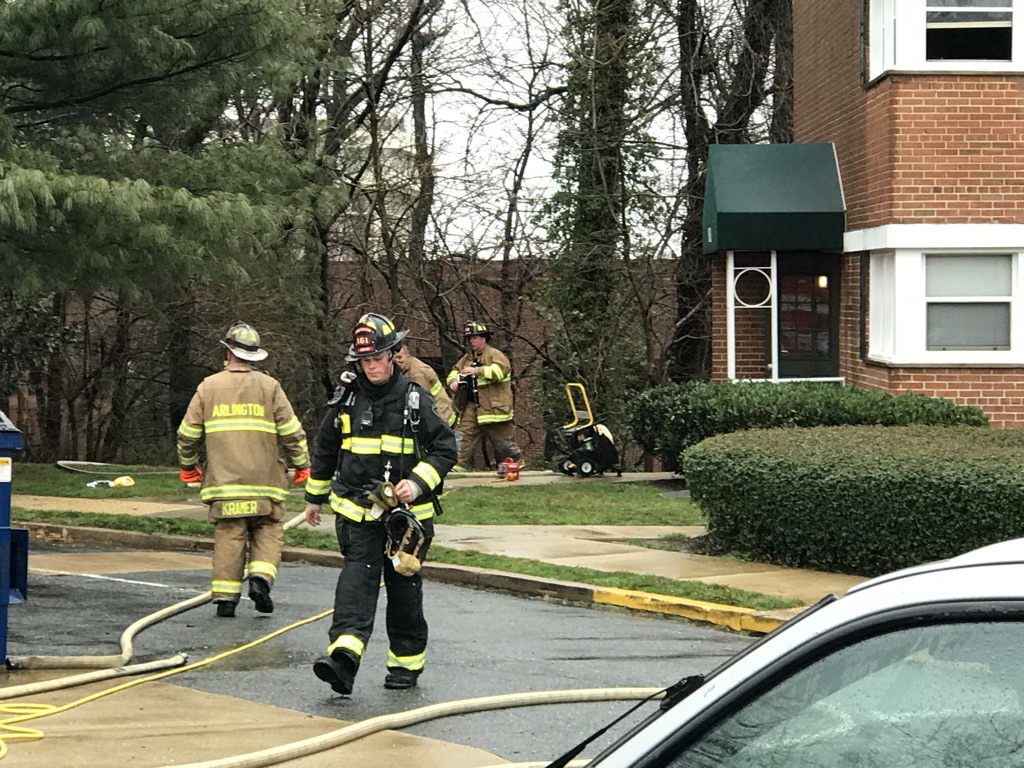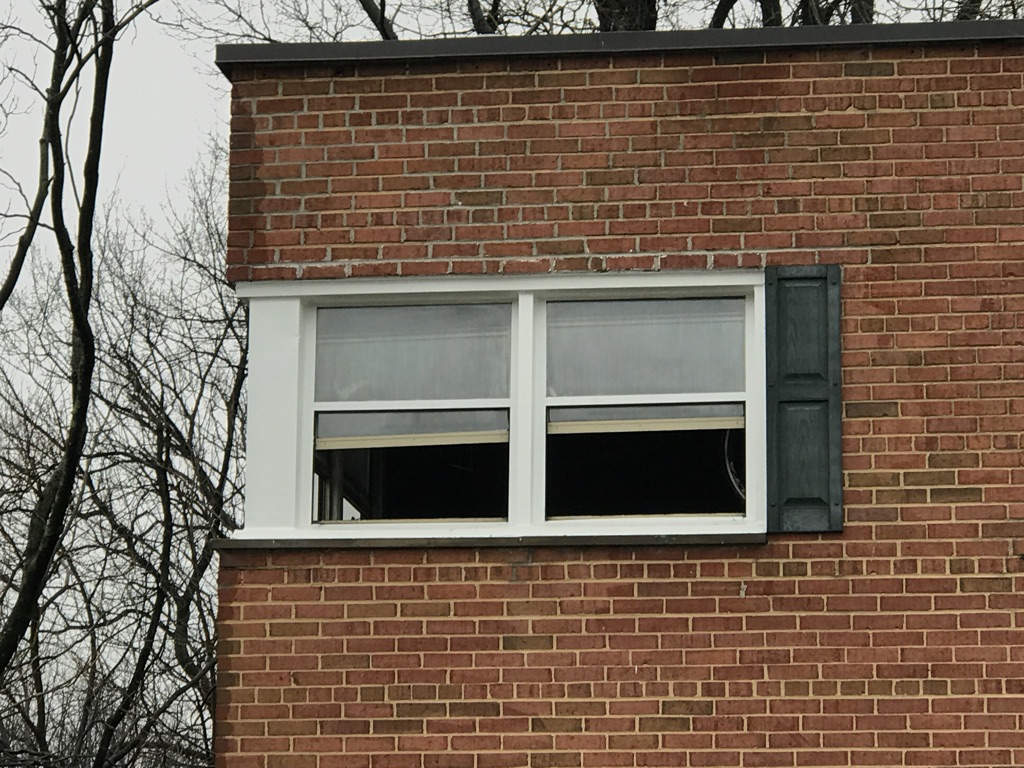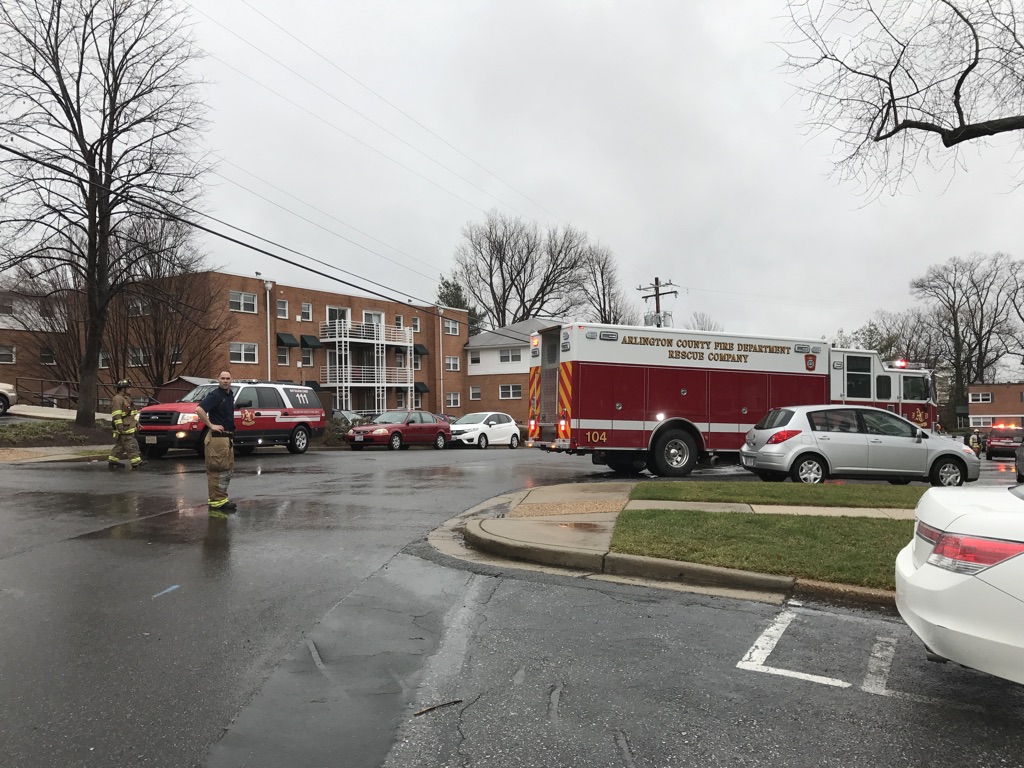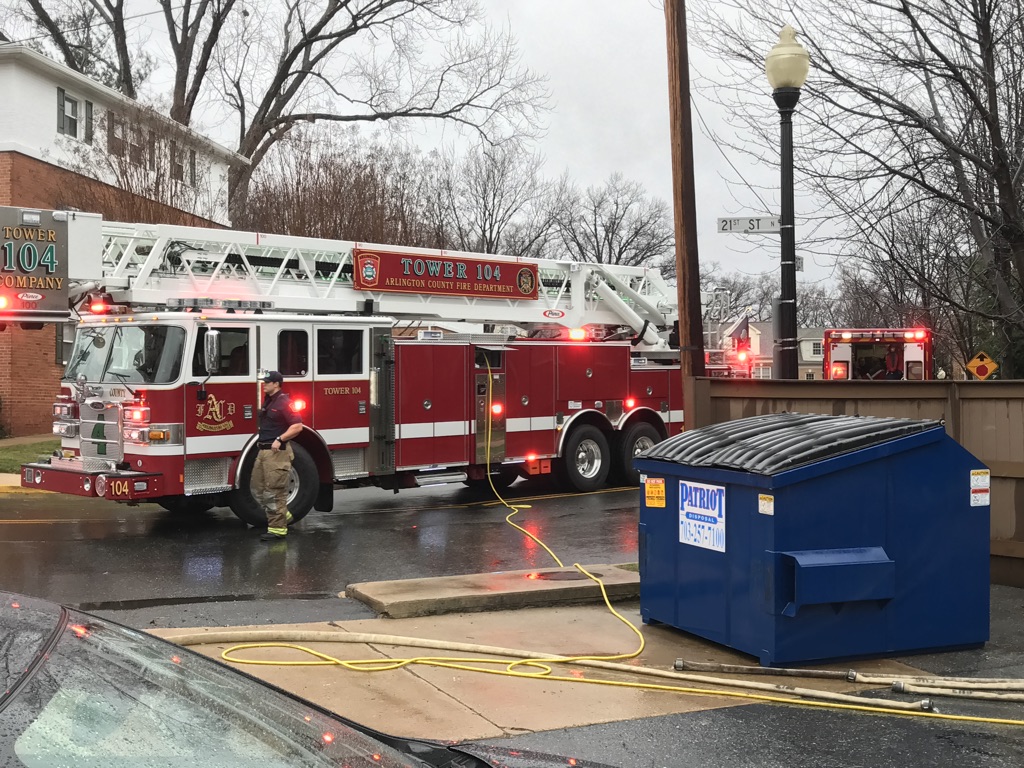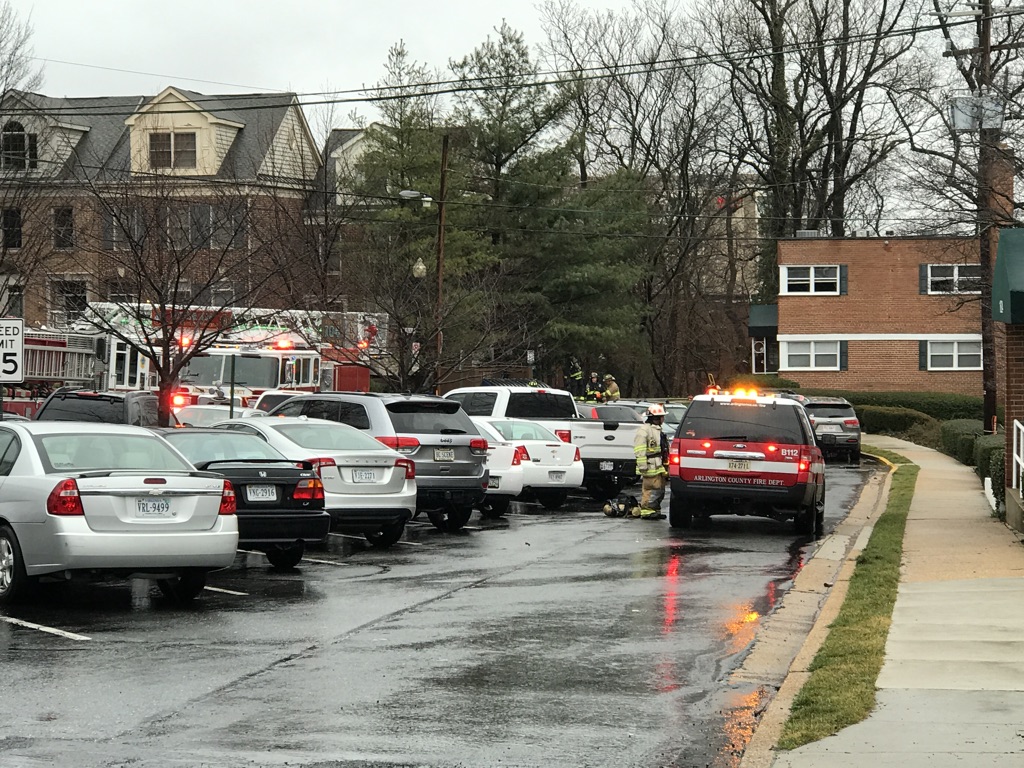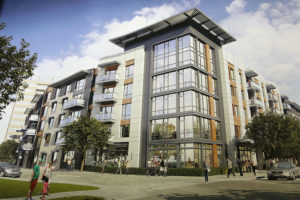
New apartment and condo buildings close to Metro stations in Arlington could have fewer parking spaces, and more spaces for bikes and car-sharing services, under a recommendation by a county working group.
The county’s residential parking work group made a series of recommendations on future parking for new buildings and released its final report this week.
The group is made up of residents and other stakeholders, and came together in 2016 to work on a policy to guide county staff on required parking for new apartment and condo buildings.
Staff is now asking for feedback on those recommendations in an online survey, which is open through April 18.
The group’s first recommendation was to reduce the number of spaces available depending on how close a new building is to a Metro station. According to the final report, members were split evenly on how low that parking ratio of units to spaces should be.
One proposal would have 0.4 parking spaces per unit for a building less than one-eighth of a mile from a Metro station, and up to 0.8 parking spaces per unit for a building less than a mile away. The other would have even fewer spaces per unit.
The working group also recommended that if developers provide parking spaces for bicycles and car-sharing, they should be permitted to reduce vehicle parking spaces. The group said that providing 10 bicycle parking spaces should allow two fewer vehicle spots, while adding a Capital Bikeshare station and paying for its upkeep should mean up to four fewer spaces.
Meanwhile, every space for car-sharing services like Zipcar or Enterprise CarShare guaranteed for at least three years should mean up to five fewer parking spots, the report said.
Committed affordable housing units would also see lower parking ratios if close to Metro, due to what the report said is lower demand for parking spaces.
Units priced at 40 percent of area median income would not be required to provide any parking spaces, while affordable homes at 60 percent AMI would be required to provide 0.7 spaces per unit.
Other recommendations include a one-time payment by developers for “excess” parking, expanding shared parking on-site, and permitting developers to provide 100 percent of parking off-site, provided it is no further than 800 feet from the building and is secured for at least 10 years.
File photo


